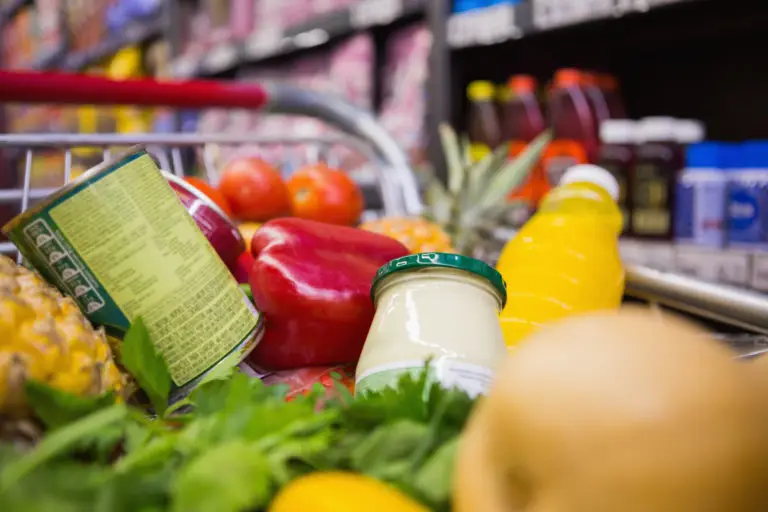This Food Waste Action Week, PLMR Food Practice’s Account Manager Rachael Dillon looks at the current status of food waste in the UK and what more individuals and businesses could be doing to tackle it.
If food waste was a country, it would be the world’s third largest greenhouse gas emitter. According to climate action NGO WRAP, a staggering 1.3 billion tonnes of food was wasted in 2021, approximately one third of the food produced. When it comes to tackling climate change, it is critical that confronting food waste is firmly on the menu, and these figures demonstrate the scale of the problem, and the urgent need to address it.
With that said, there has been a real shift in both attitudes and action over the past few years, and momentum behind the push to tackle food waste is gathering pace. WRAP found that between 2007 and 2018, there has been a 15% reduction in total food waste, and the Food Sustainability Index now ranks the UK eleventh in combating food waste.
The Government is recognising the impact of food waste and its increasing importance to the public and is therefore laying the building blocks for more action in this space. While there aren’t many measures in place yet to enforce rules around food waste, they don’t look to be far away: the Department for Environment, Food and Rural Affairs recently conducted a consultation into food waste reporting, the outcome of which is expected at some point in 2023.
The long-anticipated consultation – delayed due to Covid – has had several false starts, with WRAP stating last week that the introduction of mandatory reporting could be a “game changer”, but that “we need significantly more action at pace and at scale.” The introduction of mandatory reporting could see large retailers made to follow in the footsteps of Tesco, which reports all its waste and has called for the government to enforce the policy, stating that “without measuring the problem, you can’t hope to manage it.”
Beyond government legislation, organisations are getting creative in their efforts to tackle food waste, which has included a rise in products made from surplus stock. Toast Ale brews beer from surplus fresh bread which would otherwise have gone to waste, while the Body Shop launched a wonky fruit and veg range of beauty products. Meanwhile, surplus redistribution organisations like Company Shop Group are helping retailers, suppliers and manufacturers to minimise their waste by giving options to purchase or donate surplus stock, turning what would have otherwise been waste into meaningful social and environmental benefits.
Food Waste Action Week
This year marks the third annual Food Waste Action Week, a yearly Government-backed campaign which aims to shine a light on the ways in which the issue can be tackled, aiming to reduce its impact on climate change. Spearheaded by WRAP, the campaign attracts international support from retailers and suppliers alike, as industry bodies and climate change activists endeavour to gain wider public awareness and support for a pressing concern.
This Food Waste Action Week, there are lots of ways we can all be making small changes to ensure less food ends up in the bin. The Office for National Statistics reports that the biggest contributor to food waste in the UK is households, making up 70% of the overall total, meaning consumers are an integral component in driving change.
Some of the ways in which we can all help to tackle waste include:
- Making a shopping list and planning your meals to avoid buying additional fruit and veg that ends up rotting somewhere at the back of your fridge.
- Freezing your food – from fruit and veg, to meat, fish, and leftover dinners, freezing your food helps to ensure it gets eaten instead of going off!
- Shopping in all shapes and sizes – have a look in the ‘wonky veg’ section of the supermarket, where food is just as nutritious and delicious.
- Look at use-by dates, not best-before dates, which are the real measure of whether food is still safe to eat.
- Get creative with your leftovers! Whether it’s popping them in a soup, pie, or pasta dish, there’s always something to add that extra carrot to rather than letting it go to waste.
- Sharing is caring – if you find innovative or savvy ways to reduce your waste, whether you’re a citizen or a business, you can shout about it and share your best practice on social media, blogs or written content.
PLMR’s Food, Energy and Sustainability Practice helps support businesses across the sector to deliver against their environmental targets, from waste reduction and engaging with the circular economy to net zero ambitions and more.




